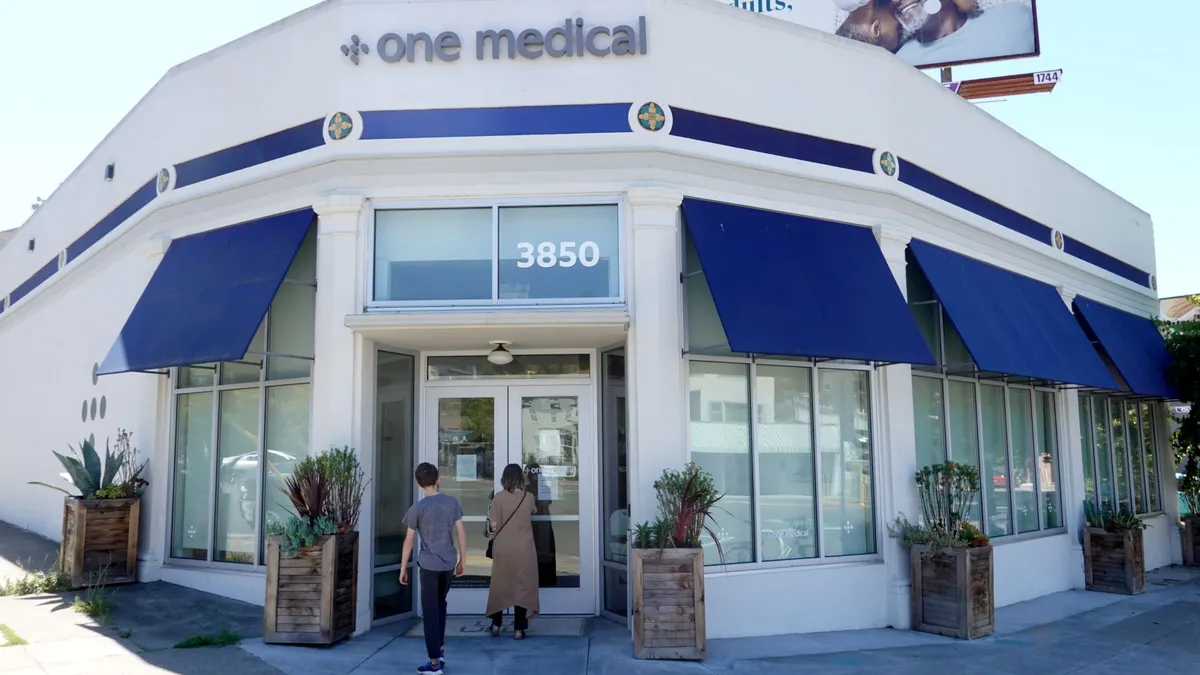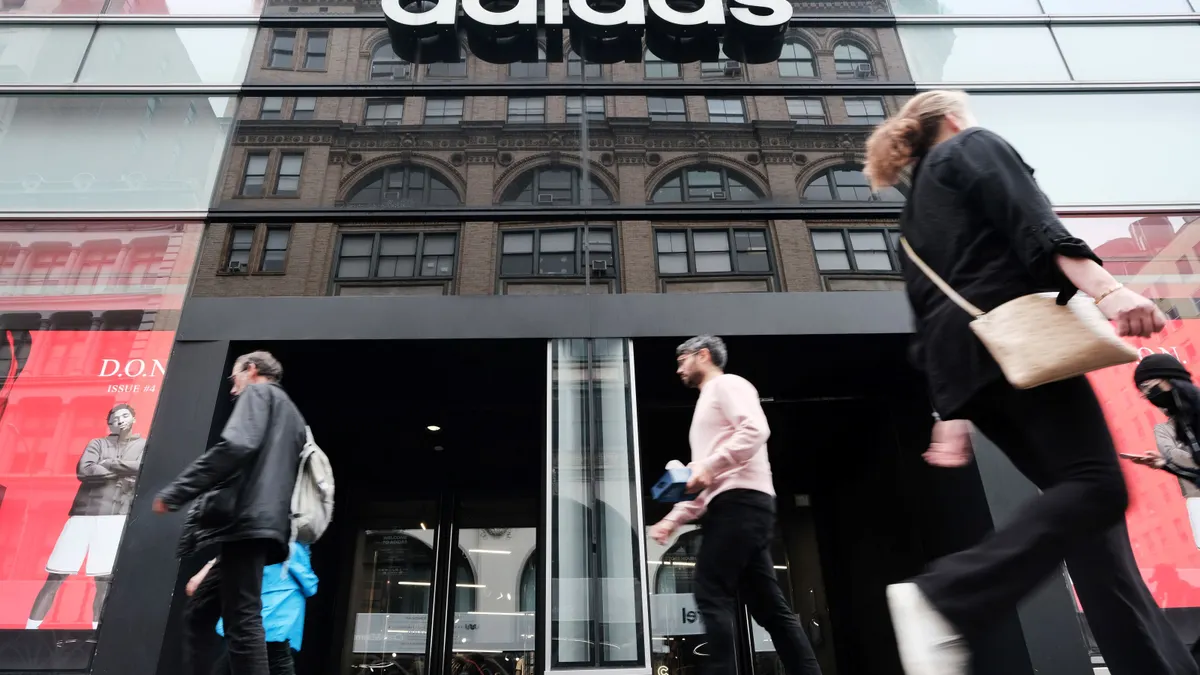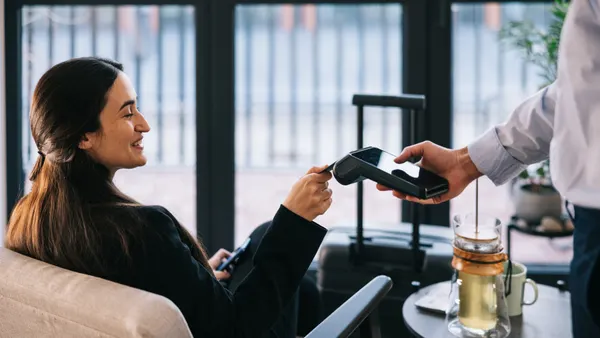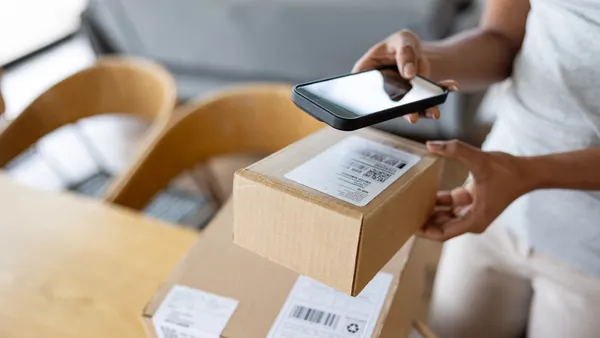Dive Brief:
- Three-quarters of consumers are willing to spend more for premium experiences, according to Qualtrics XM Institute data released last week. The findings were based on a survey of 10,000 U.S. consumers.
- Airlines are the biggest premium experience category, with 84% of consumers saying they would be willing to pay more for a premium flying experience. Over three-quarters — 77% — say they would spend more for a premium experience with a rideshare service, 73% for an investments management service, and 71% for a streaming media subscription.
- “One of the things I'm seeing is a lot of companies that already have these models are adding even more tiers in,” said Isabelle Zdatny, head of thought leadership at Qualtrics XM Institute. “For streaming media, it used to be pay to get out of ads or ads, and now I don't even know all the different types, they're adding more tiers and gradations within those experiences.”
Dive Insight:
The willingness to pay for premium experiences is about expectations, Zdatny said.
“For flying, people expect that they have those types of differentiated experiences. They've been around for a long time,” Zdatny said. “I think this is also one of the reasons that younger consumers are more willing to pay for it. They're used to having that premium model.”
Digital savvy generations see upgrades and customizations as the norm, Zdatny said. Among consumers aged 18 to 34 years old, 85% are open to paying more for an upgraded experience, whereas 49% of consumers 65 and above said they would be willing. Men are also more inclined to upgrade than women. Slightly over three-quarters said they are willing to pay for premium options whereas only two-thirds of women are.
But it’s not just airlines and it’s not just younger generations. Over two-thirds of consumers are willing to spend more for shipping a package with a delivery service and customer support, and 61% are even willing to pay more for visiting a primary care provider.
“People increasingly value ease and convenience, and so if they feel like they can pay to get that ease and convenience, they will,” Zdatny said.
Some businesses have already begun to take advantage of this willingness. One Medical, for example, requires a yearly subscription but makes physicians readily available and offers 24/7 access to virtual care. Facebook directs consumers to self-service options rather than making it easy to speak to a human, but offers a paid customer support option.
Customer support is an integral part of an experience, Zdatny said. She warns against companies making it so difficult to access help and then charging customers more for it.
There’s also the risk that companies offer too much customization of experiences, where everything can start to feel like an add-on.
“I think this is a relatively new selling motion. And I think companies are overdoing it, as they often do,” Zdatny said. “The pendulum swings one way, and I think we'll see a movement back towards fewer gradations.”











